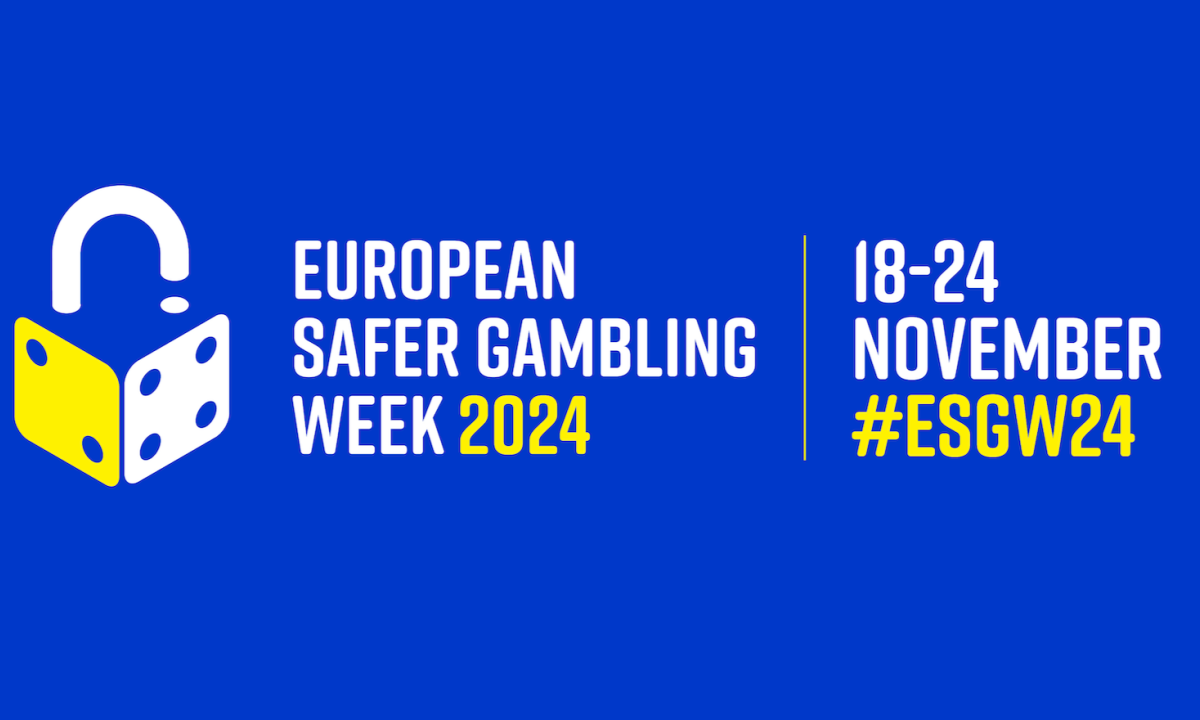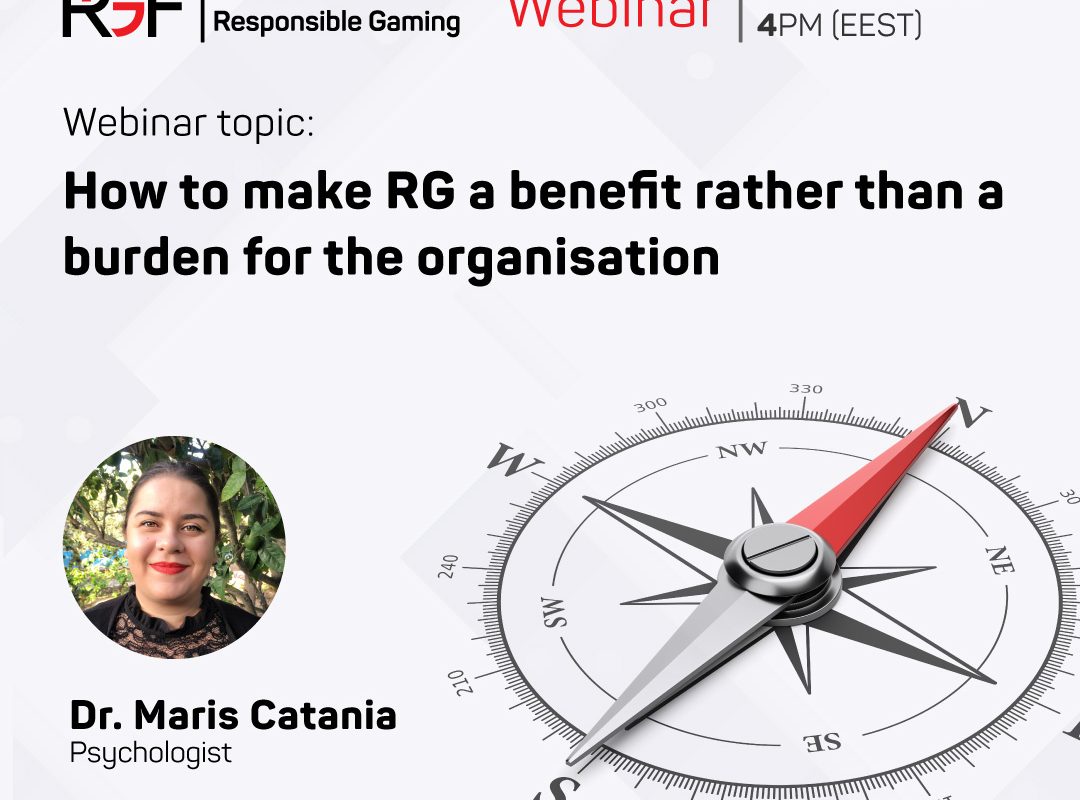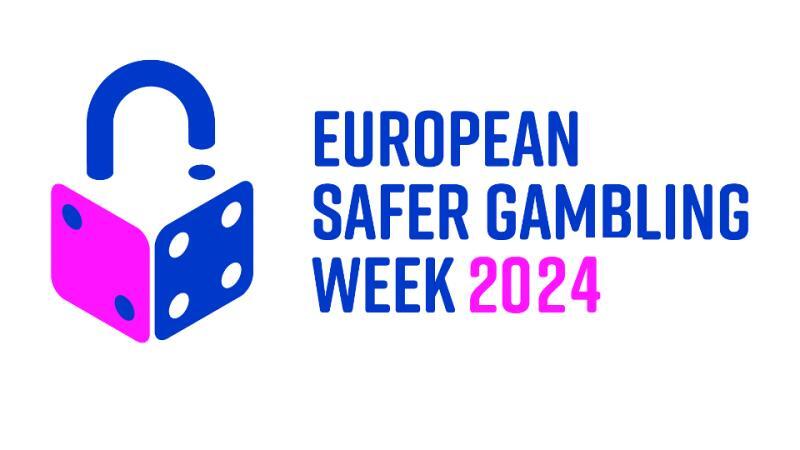Gaming and gambling addiction are complex phenomena influenced by various psychological factors. Daniel Kahneman and Amos Tversky, pioneers in the field of behavioral economics, have studied in detail how cognitive biases affect human decision-making. Their work provides important insight into why people may develop addictive behaviors in gaming and gambling. This article explores how specific biases, as identified by Nobel laureate scientists, contribute to people’s vulnerability to gambling addiction.
Understanding Cognitive Biases
Cognitive biases are systematic patterns of deviation from rationality in judgment that cause people to make illogical or suboptimal decisions. Kahneman and Tversky’s research highlights multiple tendencies, but some of those responsible for gambling addiction include the availability heuristic, the illusion of control, and loss aversion.
Availability Heuristic
The availability heuristic is a mental shortcut that relies on immediate examples that come to mind when evaluating a topic, concept, method, or solution. In the context of gaming and gambling, players often remember recent wins more vividly than losses, which distorts their perception of the probability of winning. Wins are always more memorable and accessible in the player’s mind, leading to an overestimation of their frequency and an increased tendency to take excessive risks.
Illusion of Control
The illusion of control is the tendency for people to overestimate their ability to control events. In gambling, this occurs when players believe they can influence the outcome of games through skill or strategy. For example, dice players may roll the dice in a specific way to “control” the outcome, or slot machine players may believe they can influence results by timing their button presses. This false sense of control can encourage persistent risk-taking behavior as players believe they can ultimately reverse their luck through their actions, thus perpetuating the addiction.
Loss Aversion
Loss aversion refers to people’s tendency to prefer avoiding losses to acquiring equivalent gains. This bias is particularly strong in the context of gambling and gaming, where the pain of losing money or game assets is felt more acutely than the pleasure of winning. Gamblers often chase their losses by taking riskier bets to recoup them, a behavior known as “loss chasing.” This cycle of loss aversion can lead players deeper into addiction as they seek to mitigate their losses.
Confirmation Bias
Confirmation bias is the tendency to seek, interpret, and remember information in a way that confirms one’s preconceptions. Gamers may selectively recall their wins and ignore their losses, reinforcing their belief that they are more successful than they really are. Such selective memory strengthens their commitment to continue playing, as they believe that their strategy or luck will eventually pay off. This unrealistic perception of game outcomes reinforces addiction.
Anchoring Effect
The anchoring effect is the tendency to rely heavily on the first information encountered (the “anchor”) when making decisions. In gambling, an initial win or first big payout can serve as an anchor, setting unrealistic expectations for future results. Players may continue to bet with the belief that such winnings will come at any time, even after subsequent losses.
Conclusion
Kahneman and Tversky’s work on cognitive biases sheds light on the psychological mechanisms that contribute to gambling addiction. Understanding these biases—such as the availability heuristic, illusion of control, loss aversion, confirmation bias, and the anchoring effect—can help develop more effective interventions and support systems for those struggling with addiction. By recognizing and addressing these phenomena, people can make more informed decisions and reduce the power of addictive behaviors.





